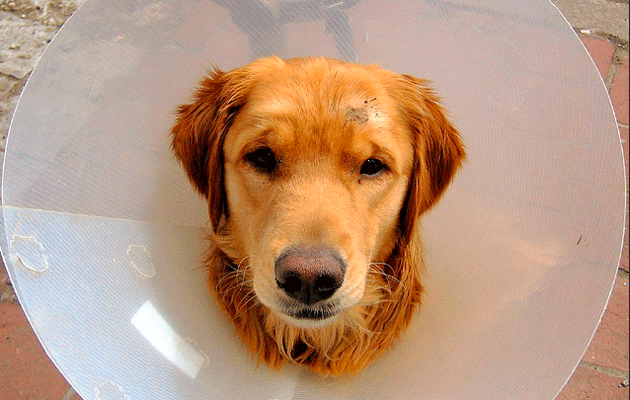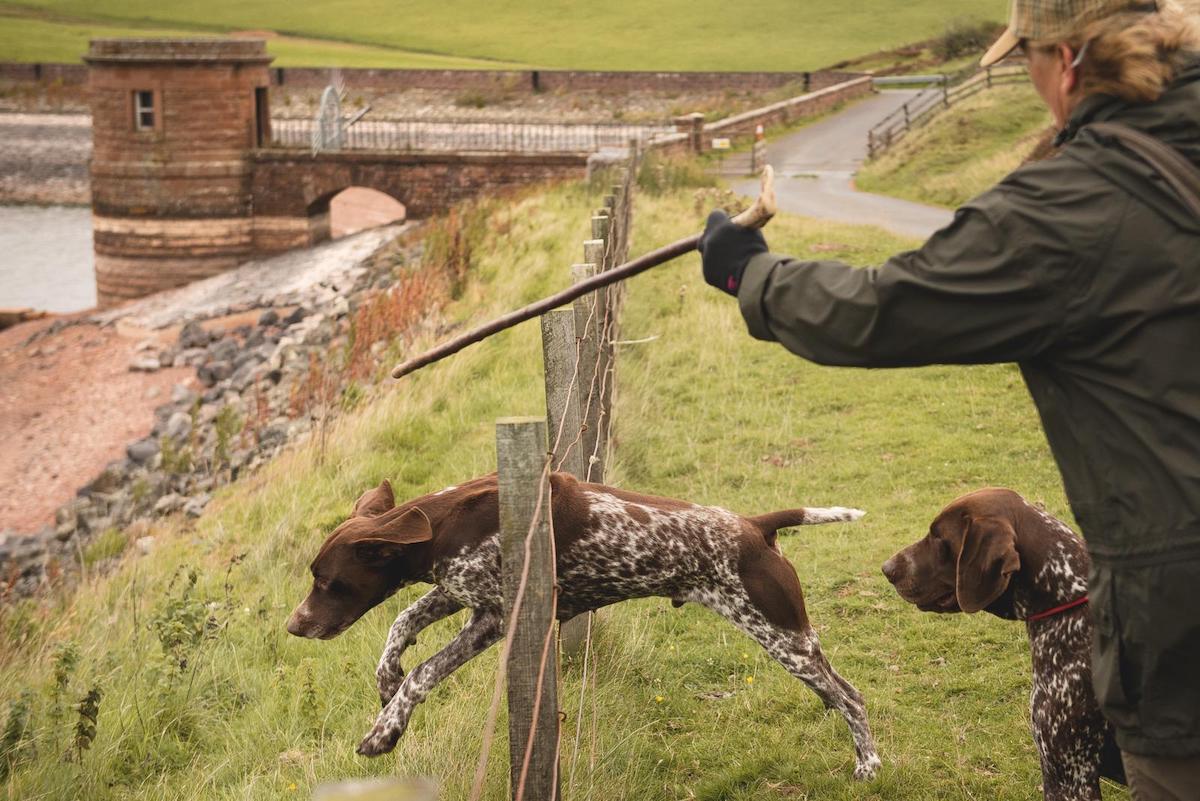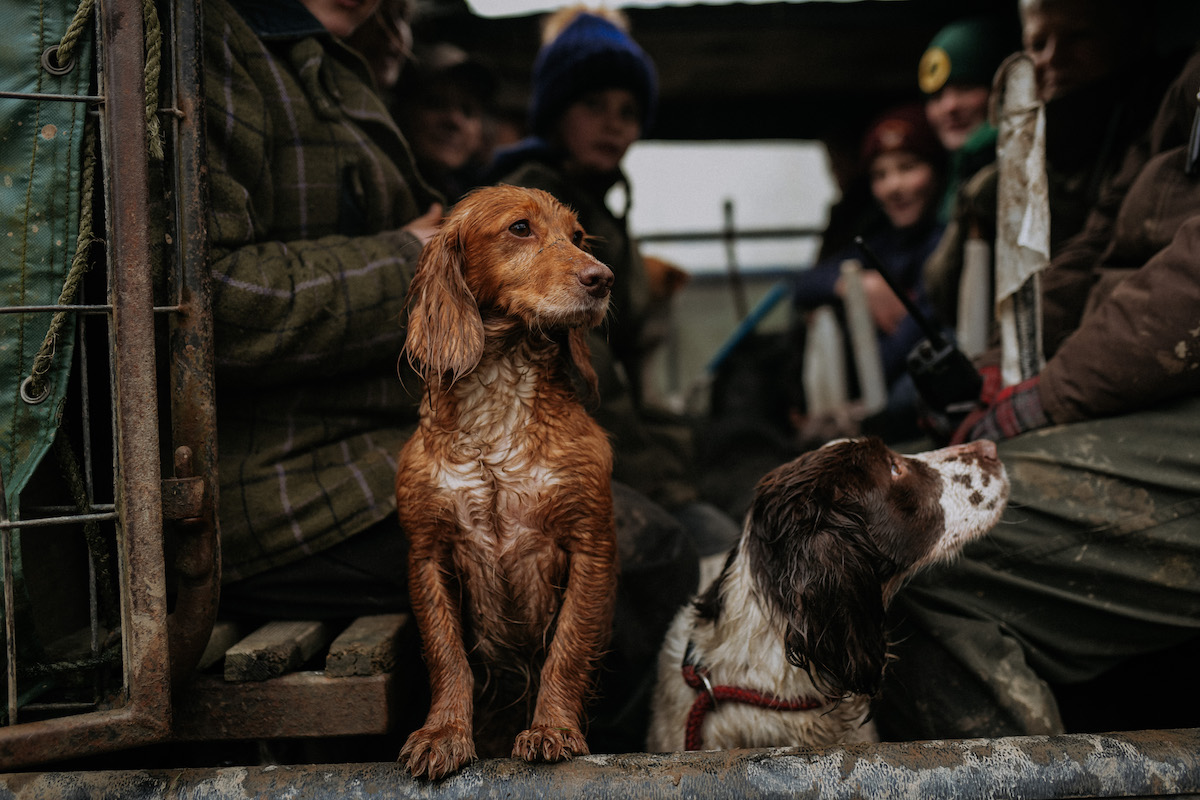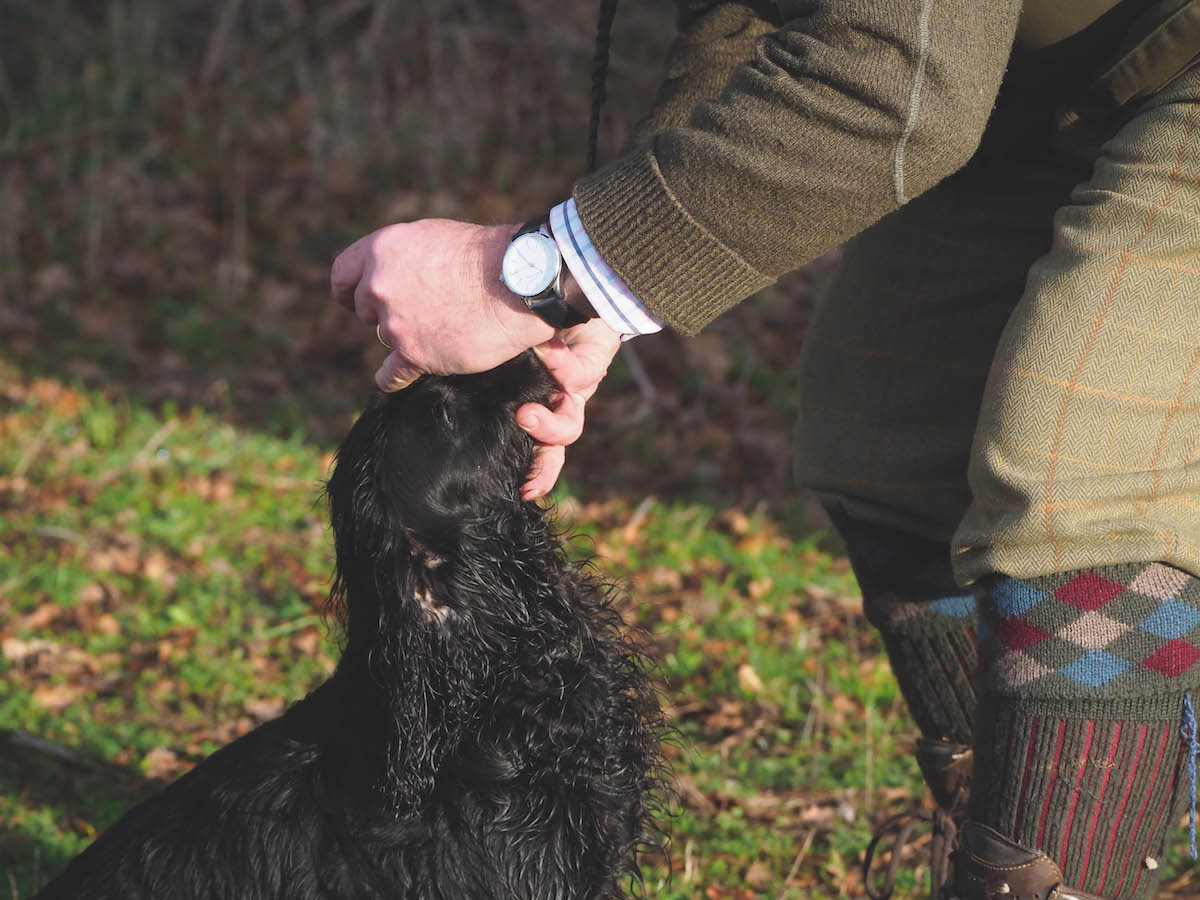When should you call the vet?
A reader doesn't like to bother his vet ....
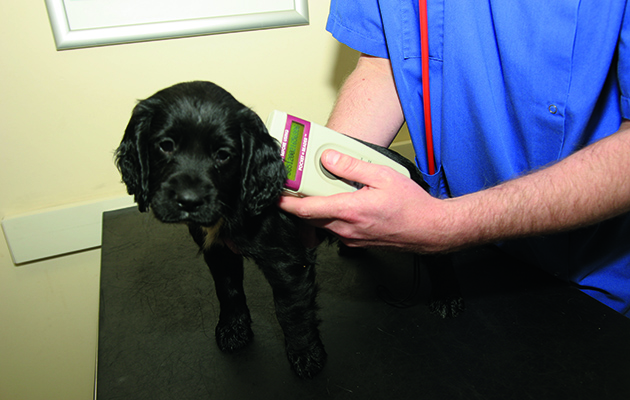
Q: Whenever my dog is unwell I take it to the vet, but the practice is usually very busy and I worry about bothering my vet unnecessarily (especially if it is out of hours). Can you advise of the situations when I really must contact the vet about my dog?
Call the vet when you have a concern
A: Not wishing to disturb your vet unnecessarily is not a good reason not to contact the practice if you have a concern about your dog. Sometimes, particularly outside normal hours, it is difficult to decide whether your dog requires urgent attention, but you can always call and ask for advice. Even if the vet is not immediately available, practice staff can advise and help you assess the urgency of the situation.
How to reduce stress for your dog at the vet
It is always amusing sitting in the waiting room of a veterinary surgery and seeing the various customers come in.…
Should you insure your gundog?
It all comes down to your ability to pay vet bills if you don’t insure your gundog
You should certainly call the vet in any of the following circumstances:
• If your dog is weak, reluctant to get
up, or appears to be dull and depressed.
• If the animal appears to be in severe pain or discomfort.
• If it has difficulty breathing or if it is noisy or rapid and shallow, or if it is continually coughing, causing distress.
• If it is repeatedly vomiting (particularly if it is a puppy or an elderly dog). Diarrhoea is usually less serious unless it is profuse, bloody or the animal looks otherwise weak or unwell. Feed a small amount of boiled chicken or white fish and contact a vet if the diarrhoea persists for more than 24 hours.
• If it suddenly appears to have difficulty with its balance.
• If your dog repeatedly attempts to urinate or defecate but is unable to
pass anything.
• If it is a bitch suckling puppies and becomes very agitated, starts shaking and shivering and will not settle. These are likely to be signs of eclampsia, a condition associated with a life-threatening drop in blood calcium levels and which needs urgent treatment.


